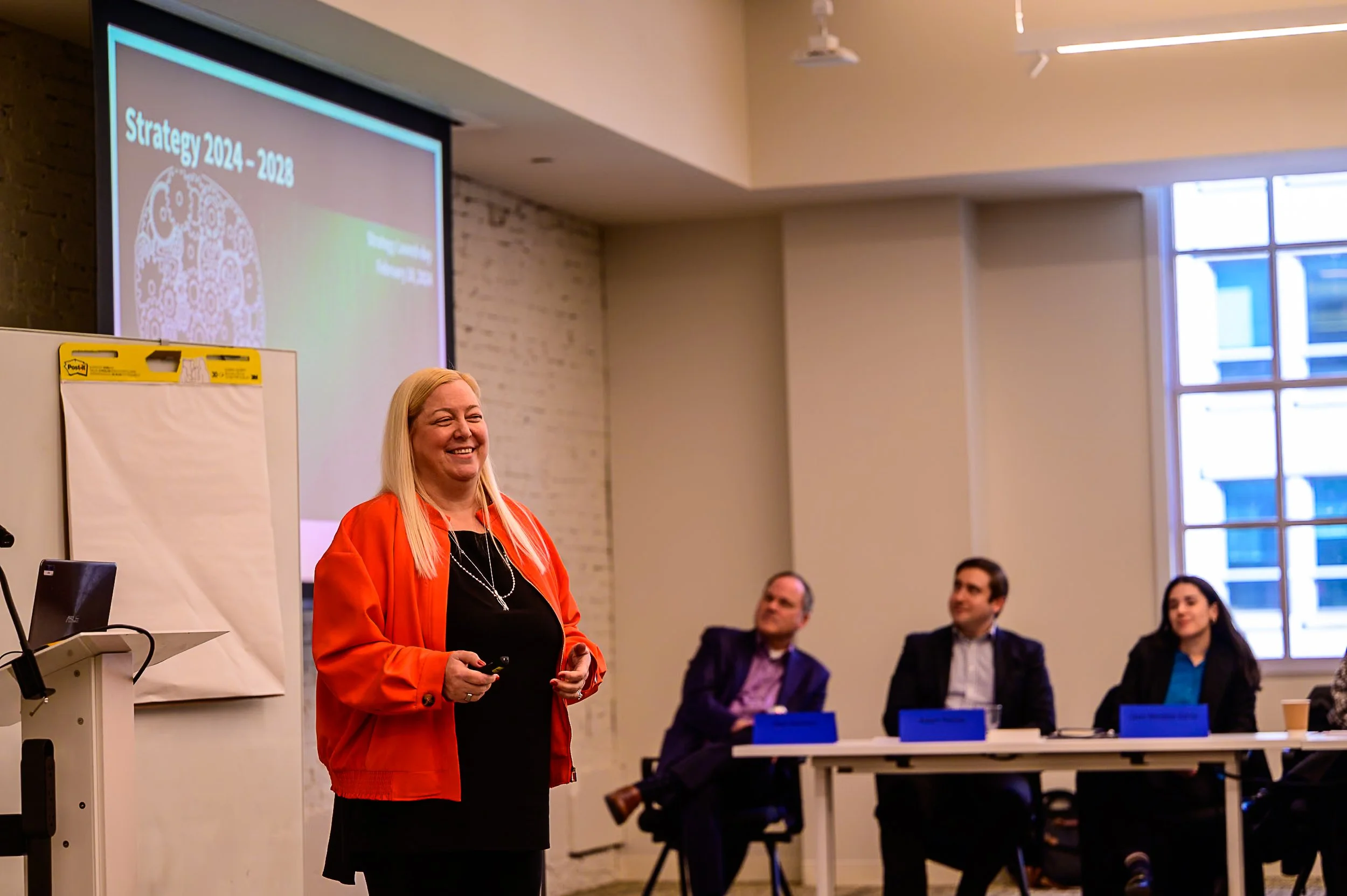Homeland Security and Collective Intelligence
Homeland Security and Collective Intelligence
The Christmas Day bombing in 2009 highlighted the need for a broader collective view of intelligence and information sharing across agencies. The US Intelligence Community, including the NSA, CIA, and DIA, along with the Departments of State and Homeland Security, each had a piece of the puzzle needed to prevent Umar Farouk Abdulmutallab from boarding a plane on December 25, 2009. However, the information was fragmented and not available across agencies. The knowledge existed, but no one had the complete picture.
Collective Intelligence is a concept where multiple people in multiple agencies have visibility into common information to identify and prevent threats. It is about the shared information across agencies where the missions are different yet overlapping.
To achieve Collective Intelligence, we must align organizations, increase collaboration, and share information using the latest technology. Collective Intelligence promotes the concept that more people with different experience and mission perspectives can tackle a complex issue and prevent threats better than a single agency or person can. If just one person was able to access the collective information contained within the intelligence community, the events of this past Christmas might have been prevented.
Adopting, promoting, and creating a culture of Collective Intelligence can achieve transformational results. If agencies can share their tools, methods, and processes to enable connection and cooperation among information and intelligence holders, common missions are easier to accomplish. Empowering individual is critical to the success of the mission.
The Department of Homeland Security was formed in 2002 in part to increase information sharing across agencies, with the ultimate goal of greatly improving national security. By focusing efforts on furthering the elements of Collective Intelligence, DHS will be better equipped to prevent future threats. Specifically, DHS and the intelligence community must find ways to balance the security needs of the agency with the benefits of openness to foster and grow the sharing of knowledge within individuals throughout the group.
Arc Aspicio is building a community that promotes collaboration, continuous learning, innovation, and intelligence to improve homeland security. As our community continues to grow, our Collective Intelligence capabilities are better able to support the changing demands of the Department of Homeland Security and our nation’s security.





















